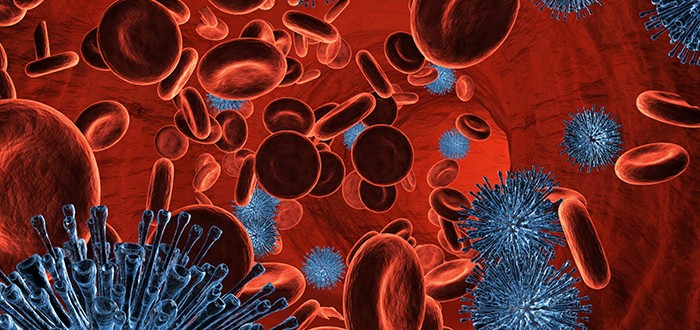There are three ways to treat mesothelioma in a clinic setting — surgery, chemotherapy and radiation.
They can be used as standalone therapies or in combination. But those three are basically the only choices. For the moment, at least.
Scientists around the world have been busy developing and testing what are called novel molecular therapies for the treatment of mesothelioma.
As of today, none of these novel molecular therapies have found their way into clinical practice. In time, at least a couple or more will likely emerge as standards of care — right alongside surgery, chemo and radiation.
One such contender is an engineered anti-CD26 antibody called YS110. The most recent research into YS110 finds that it is able to slow the growth and spread of mesothelioma cells.
That’s not all. YS110 has also been found to induce G2/M cell cycle delay, as well as to cause changes in cell cycle regulators. In plain English, none of that is good for mesothelioma.
Finding CD26 Is Common in Mesothelioma Patients
These findings come from researchers at four centers in Japan: Keio University School of Medicine and Juntendo University, both in Tokyo, the National Institute of Biomedical Innovation in Ibaraki City and Saitama Medical University in Saitama.
The researchers discussed their YS110 findings in an article published earlier this year in the journal Cancer Cell International.
They began their article with an explanation of CD26. It’s a 110 kD glycoprotein situated in the membrane surrounding each mesothelioma cell.
CD26 stimulates T cells. This happens when CD26 binds to molecules of caveolin-1. The binding causes a signal transduction process to begin in the p38 MAPK pathway and elsewhere.
Mesothelioma turns out to be one of the few cells in the universe of cell types that has the ability to bind CD26. That, say the researchers, helps explain why 85 percent of mesothelioma patients tested have CD26 present.
The researchers said CD26 also appears to interact with bodily collagen and fibronectin. This seems to have the effect of propelling mesothelioma cells to grow and spread faster.
An alternative theory mentioned by the researchers is that tumor growth and metastasis is promoted by CD26 taking control of chemotactic peptides. The control necessary for this could be gained as a consequence of CD26’s dipeptidyl peptidase IV activity, they believe.
YS110 Discourages Mesothelioma Tumor Growth
Testing with YS110 revealed antibody-dependent-cell-mediated-cytotoxicity. It also revealed a direct antitumor effect.
This secondary effect was seen occurring as a result of p27kip1 accumulation. Exactly how this happens was not explainable by the researchers.
They said they tried to assess how well YS110 would work against one particular laboratory line of malignant mesothelioma cells. The target was cell line NCI-H2452.
NCI-H2452 mesothelioma cells are of the epithelioid type. The researchers said they purposely avoided using mesothelioma cells of the sarcomatoid type.
The reason for wanting to test only with epithelioid mesothelioma cells was because they grow slower than the sarcomatoid type. The slower growth would permit better observations of processes and effects.
The researchers said they paid close attention to the effect of YS110 on the cell cycle and on cell cycle-regulating molecules.
“YS110 inhibited growth of YS110 with G2/M cell cycle arrest and altered the expression or phosphorylation state of cell cycle molecules,” they wrote.
Testing included evaluating YS110 in combination with the mesothelioma chemotherapy agent pemetrexed. The researchers reported that YS110 and pemetrexed worked synergistically to discourage mesothelioma tumor growth in the lab.
The title of the article is “A Humanized Anti-CD26 Monoclonal Antibody Inhibits Cell Growth of Malignant Mesothelioma via Retarded G2/M Cell Cycle Transition.”

